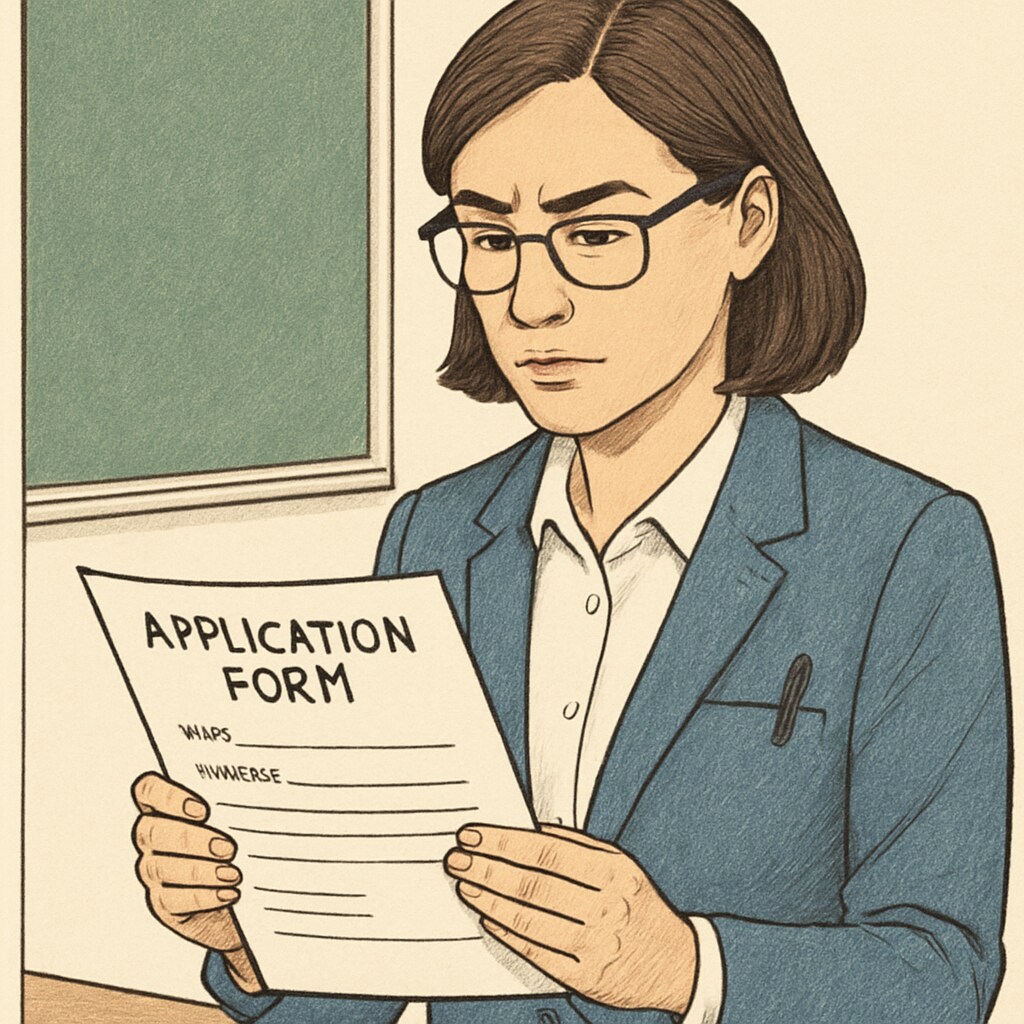Oklahoma’s new policy of implementing political inclination tests for out-of-state teacher applicants has ignited a debate surrounding “teacher applications,” “political screening,” and the impact of “radical ideologies.” While the state government claims the measure is intended to safeguard students from potential indoctrination, critics argue it poses a significant threat to educational freedom and the diversity of ideas within classrooms. This article explores the motivations behind this controversial policy, its possible repercussions on the teaching profession, and how education systems can balance ideological diversity with academic integrity.
The Motivations Behind Political Screening for Teachers
Oklahoma’s decision to introduce political inclination tests stems from concerns about the rise of what some policymakers term “radical ideologies” infiltrating schools. These ideologies, they argue, could potentially shape young minds in a way that aligns with extreme political or social agendas. By screening out-of-state teachers for their political beliefs, proponents claim that the state can maintain a neutral and balanced educational environment.
However, this rationale raises several questions. What constitutes a “radical ideology”? How are these beliefs identified during the application process? More importantly, does such a policy risk alienating skilled educators who might hold differing political views but are otherwise committed to fostering critical thinking in students?

Potential Impacts on the Teaching Profession
Critics of the policy warn that political screening could discourage talented educators from applying to teach in Oklahoma. For out-of-state applicants, the added scrutiny may feel invasive and discriminatory, creating unnecessary barriers to entry, particularly at a time when teacher shortages are a national concern.
Furthermore, policies like this could set a concerning precedent. If other states adopt similar measures, the education field could become increasingly polarized, with teachers being judged not by their qualifications or experience but by their political affiliations or perceived beliefs. This could undermine the principle of academic freedom, which is essential for fostering an open and inclusive learning environment.
The broader implications are also worth considering. For example:
- Could this policy lead to self-censorship among teachers who fear professional repercussions for discussing controversial topics?
- What impact might this have on students’ exposure to diverse perspectives, which are vital for developing critical thinking skills?
- How will this affect the state’s reputation as an employer in the education sector?

Balancing Ideological Diversity and Educational Integrity
While it is essential to ensure that classrooms remain free from undue political influence, measures like Oklahoma’s political inclination test risk overstepping the line between safeguarding education and infringing on personal freedoms. A more balanced approach may involve:
- Providing professional development programs that emphasize teaching critical thinking over personal ideology.
- Developing clear guidelines for discussing controversial topics in the classroom, ensuring students are exposed to multiple viewpoints.
- Focusing on the qualifications, experience, and teaching methods of applicants rather than their political beliefs.
Education should aim to equip students with the tools to think independently, question assumptions, and engage respectfully with differing opinions. Policies that prioritize ideological purity over these goals risk undermining the very purpose of education itself.
Readability guidance: This article uses concise paragraphs and clear subheadings to improve readability. Overarching questions and lists summarize key ideas, while transition words (e.g., “however,” “in addition,” “as a result”) ensure smooth flow between sections.


